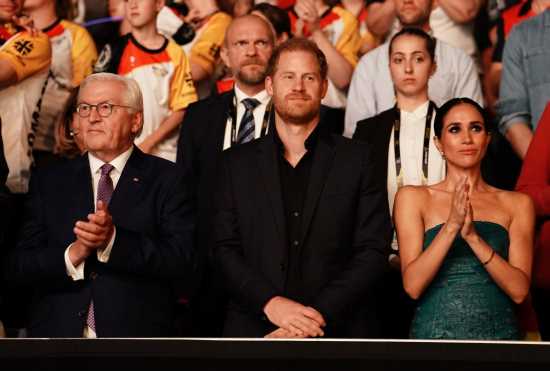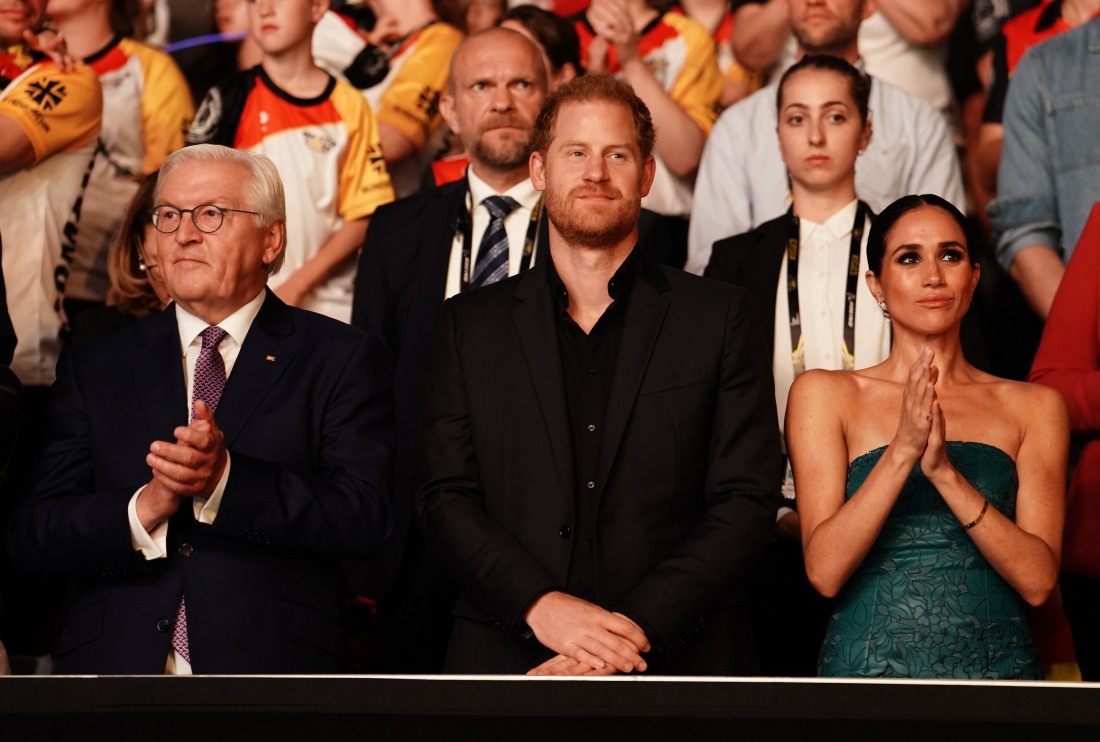
There’s a wonderful piece in The New European about Prince Harry and the Invictus Games. Basically, the Dusseldorf games have radically changed Germany’s relationship with their own military and veteran community over the course of a week. It was even happening during the games, with the German Defense Minister openly discussing (at the games) the country’s newfound commitment to supporting veterans and their plans to host in-house Warrior Games using the Invictus model. This New European piece explains how perceptions shifted overnight because of Invictus and Prince Harry – it’s called “Germansplaining: Harry is a national hit in Germany.” Some highlights:
Germany’s pre-Invictus perception of Harry: “I never pass up a chance to serve as your royal correspondent – opportunities are rare enough in the Bundesrepublik – but since the Sussexes’ self-inflicted tragicomedy on Netflix last year, I admit I’ve not been watching Harry so closely. The German media has nicknamed him “Prinz Peinlich” (Prince Cringey). But this is history, at least for the moment, thanks to the Invictus Games in Düsseldorf, which ended up having a much more important effect than simply earning the prince brownie points with the press.”
Germans weren’t paying attention to their military before: Since the end of the cold war, we’ve seen two important changes: first, Germany slowly outsourced its defence to the US. You didn’t win elections by funding the Bundeswehr, nor did you lose them by defunding it, so the political motivation for defence spending was limited – until Ukraine. The second shift in the last 30 years was to start sending German soldiers on Nato and UN missions. Which meant that they also died or were severely wounded abroad, in attacks, in combat, in accidents, by suicide. Both changes, defunding and foreign deployment, were met with little public interest. While life for soldiers now became radically different, the lack of interest in them largely remained the same.
The German reticence: “Germany’s militaristic history is of course the reason for all this reticence towards the military. It seems we’ve been cured of our previous and unhealthy desire for parades. As collateral, however, recognition for those serving society at the risk of their own life has been lost, too. There are attempts to change this, not least because the Bundeswehr is short of staff. Which makes the Invictus Games invaluable. Yes, this being Germany, there was criticism. Critics complained that the event “glorified war”, and was “propaganda for western military to sugar-coat the Iraq and Afghanistan disasters”, and that it cynically used arms manufacturers as sponsors. By the way: while they’re often called defence contractors in English, the term in German is Rüstungskonzern (armament corporation).
What Harry did: “And then came Harry. Modest. Thoughtful. Honouring the veterans. He spoke of comradeship so naturally it was far from glorifying heroism. Instead, accompanied by Meghan, he patiently explained the horrific consequences of war on soldiers, shook hands, drank local beer, tipped generously, smiled for selfies and sat through 80 minutes of Germany’s most popular sports TV show, Das aktuelle Sportstudio. He even had the grace to lose against our defence minister, Boris Pistorius, when shooting – a football – at its famous Torwand (goal wall, with two holes in it). Thanks to his Invictus Games, traumatised and disabled German soldiers received more airtime and visibility in a week during prime-time than they had in the previous 10 years. They were shown as a part of society, and not an isolated part. So, thank you for your service, Harry.”
[From The New European]
It’s always surprising to me, an American, that other countries don’t have the same kind of nationalistic fervor when it comes to “supporting the troops” or “thanking veterans for their service.” Regardless of the legitimacy of the wars my country has waged, I would balk at not “supporting the troops” or showing respect to the men and women who served. It’s so fundamental in American society, in a way it just isn’t in other countries. So this is fascinating from a cultural standpoint, seeing what Invictus did in Germany and how perceptions changed so much so quickly. Talk about a profound legacy for Harry.
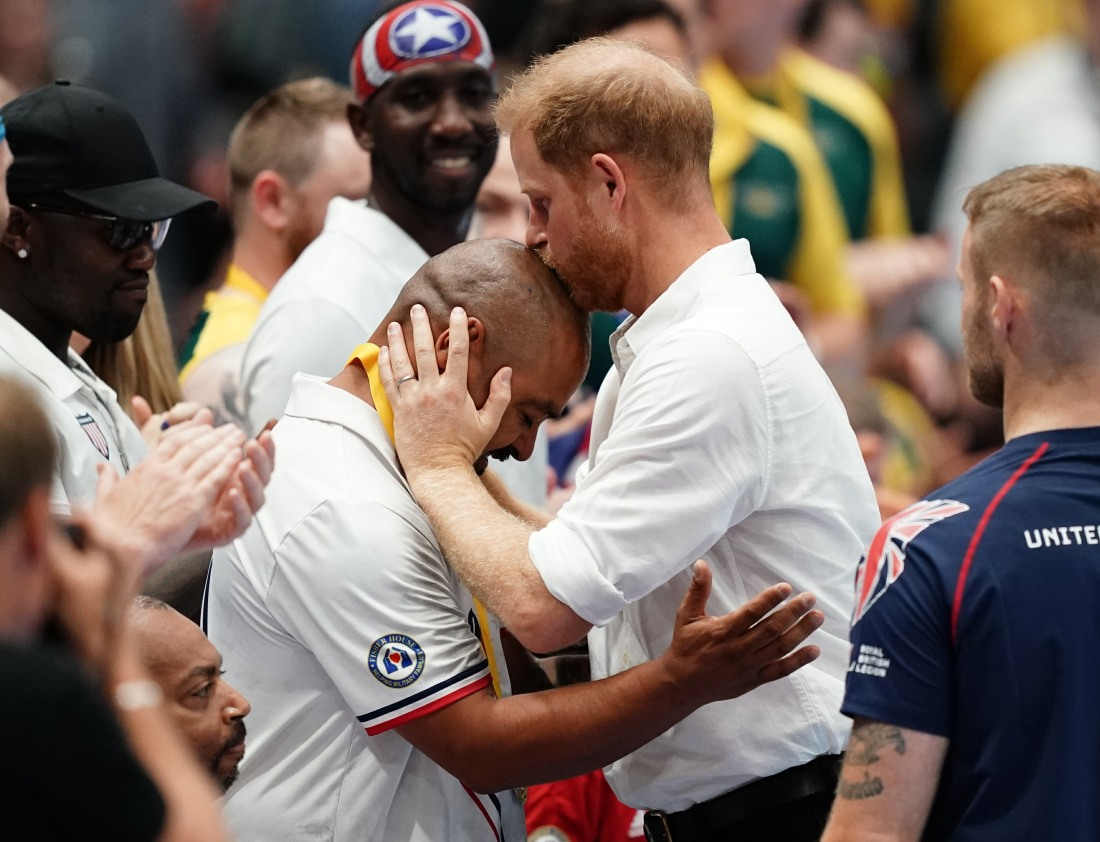
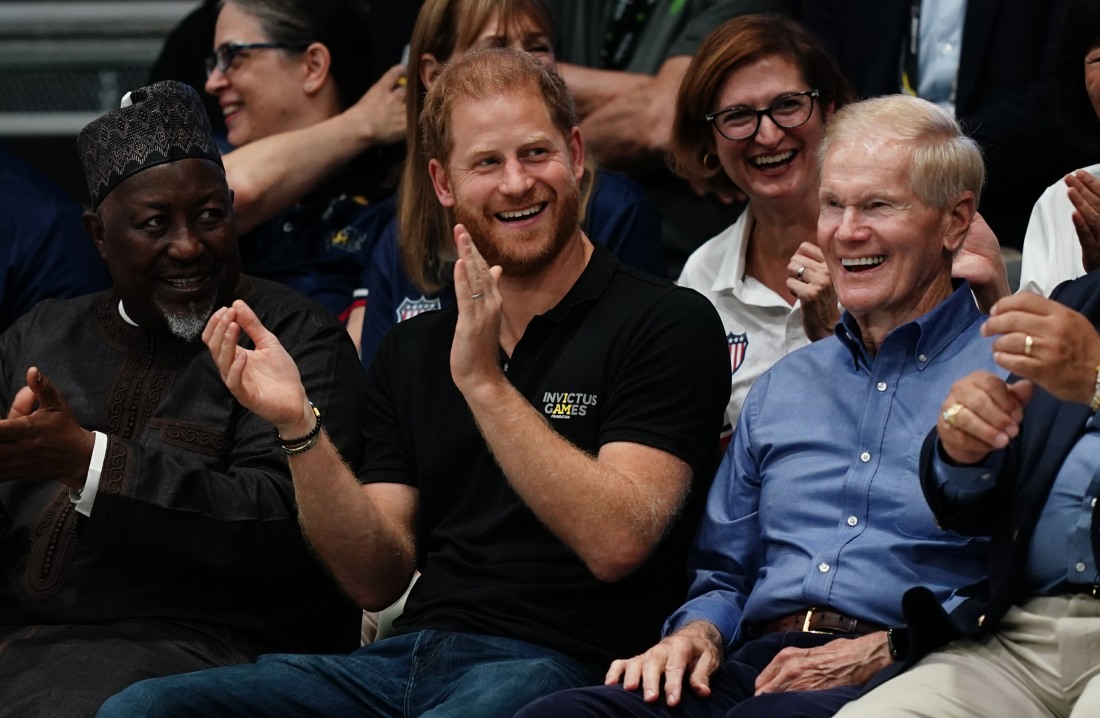
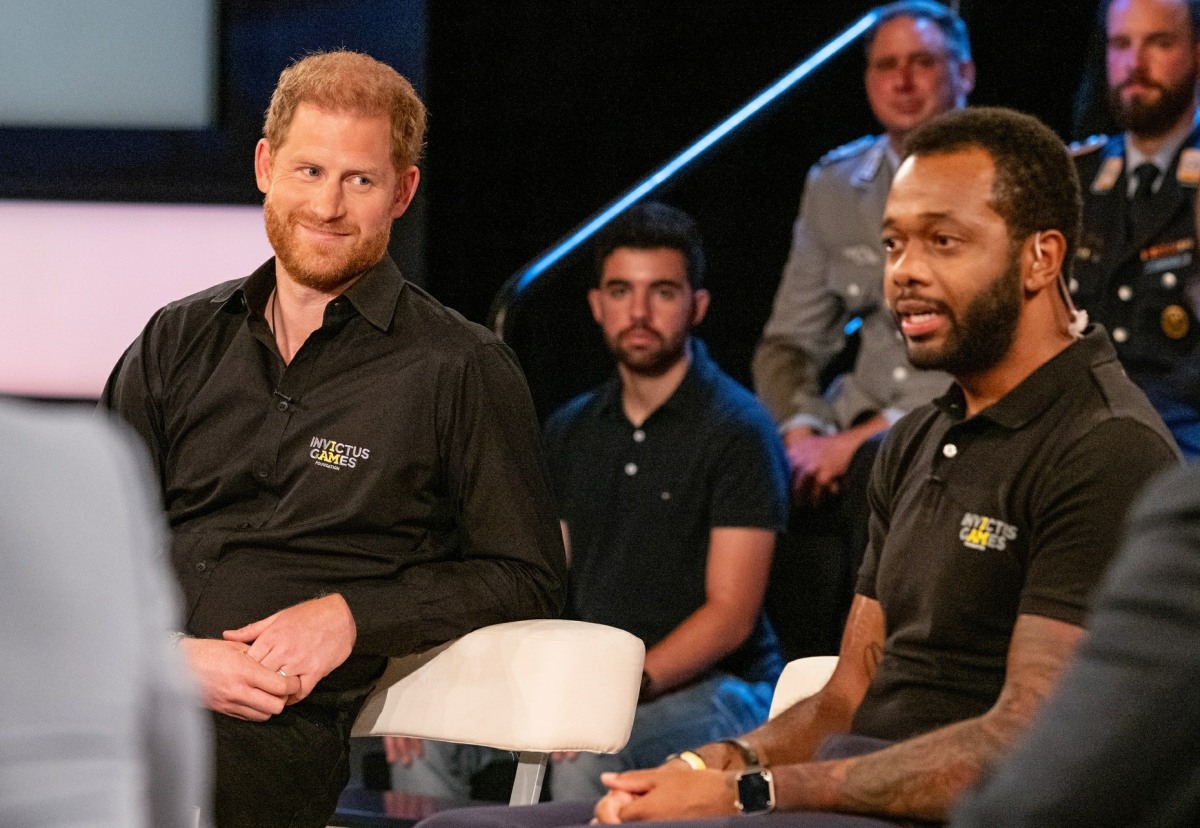
Photos courtesy of Avalon Red, Backgrid, Cover Images.
Source: Read Full Article
